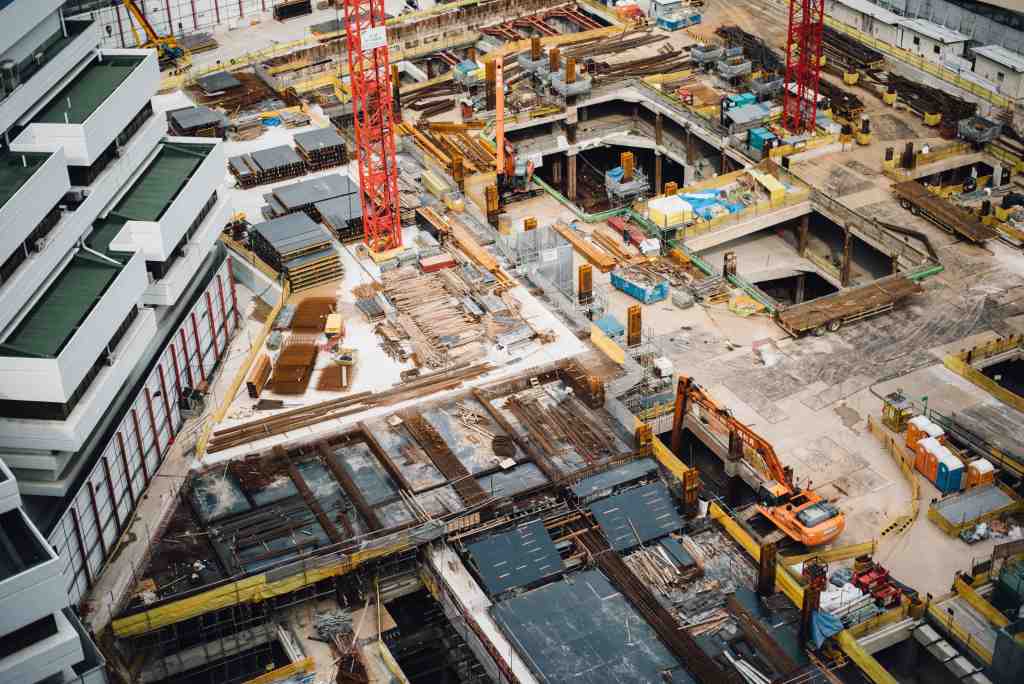
A Beginner’s Guide to Buying Property in Kenya
Buying property is one of the most important investments you’ll ever make. In Kenya, land and real estate are not only symbols of stability but also some of the best ways to build long-term wealth. However, for beginners, the process can feel overwhelming—between legal requirements, financing, and choosing the right location.
If you’re looking to invest in property in 2025, this guide will walk you through the essentials.
1. Understand the Property Market in 2025
Kenya’s real estate sector is booming. Property prices are up nearly 8% year-on-year, with strong demand in affordable housing and satellite towns like Ruiru, Kitengela, and Athi River. Land continues to be the most popular form of investment, while off-plan projects are attracting buyers looking for better returns at lower entry prices.
2. Decide What Type of Property to Buy
There are different options depending on your goals and budget:
- Land/Plots – Most affordable and flexible; ideal for long-term investment.
- Residential Homes – Ready-made houses or apartments for personal use or rental income.
- Off-Plan Projects – Buy before completion, often cheaper, but requires due diligence.
- Commercial Property – For offices, shops, or mixed-use developments; higher returns but higher risk.
3. Set Your Budget and Explore Financing
Buying property is a big financial commitment, so plan wisely.
- Savings – Many Kenyans buy land and property through personal savings.
- Bank Mortgages – Interest rates are still relatively high, but some banks offer flexible terms.
- SACCOs & Microfinance – Affordable loans and land-buying options through cooperatives.
- Developer Payment Plans – Especially common with off-plan projects (installments over 2–5 years).
Tip: Don’t just consider the purchase price. Factor in legal fees, stamp duty, valuation, and registration costs.
4. Do Thorough Due Diligence
This is the most important step to avoid fraud.
- Confirm Land Ownership – Conduct a search at the Ministry of Lands or via the ArdhiSasa platform.
- Check Zoning & Regulations – Ensure the land is suitable for your intended use (residential, commercial, agricultural).
- Inspect the Property – Visit in person to verify size, boundaries, and neighborhood.
- Hire a Lawyer – Work with a licensed advocate to guide you through contracts and transfers.
5. Understand the Legal Process
Property transfers in Kenya follow a formal process:
- Offer & Acceptance – Agree on price and terms with the seller.
- Sale Agreement – Drafted by lawyers, signed by both parties.
- Payment – Often done in installments or as per agreed terms.
- Stamp Duty – Paid to Kenya Revenue Authority (KRA), usually 4% for urban property, 2% for rural.
- Registration & Title Deed Transfer – The buyer’s name is officially entered into land records.
6. Work with Reputable Professionals
Don’t go it alone. Surround yourself with:
- A licensed lawyer/advocate (property transactions must be handled by one).
- A licensed surveyor (to confirm land boundaries).
- A real estate agent (with local market knowledge).
This will protect you from scams and smooth the process.
7. Think Long-Term
When buying property, always think about the future value. Ask yourself:
- Is the area growing (new roads, schools, businesses)?
- Is there demand for rentals?
- Will land prices appreciate over the next 5–10 years?
Remember, property is not just about the present—it’s about securing your future.









4 comments